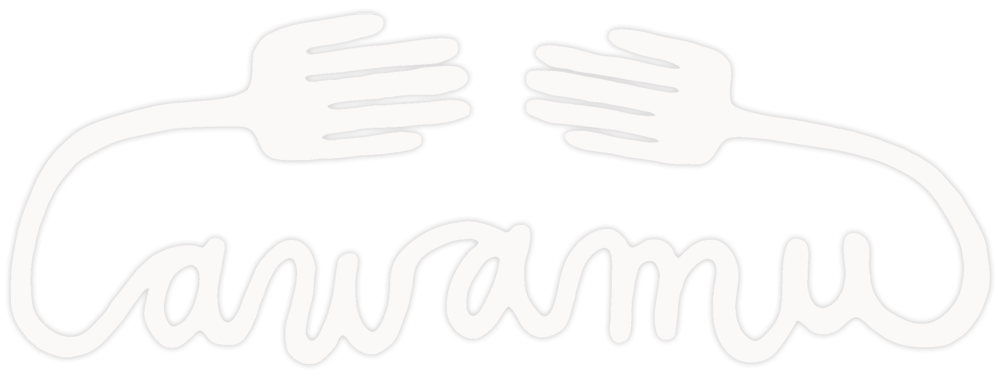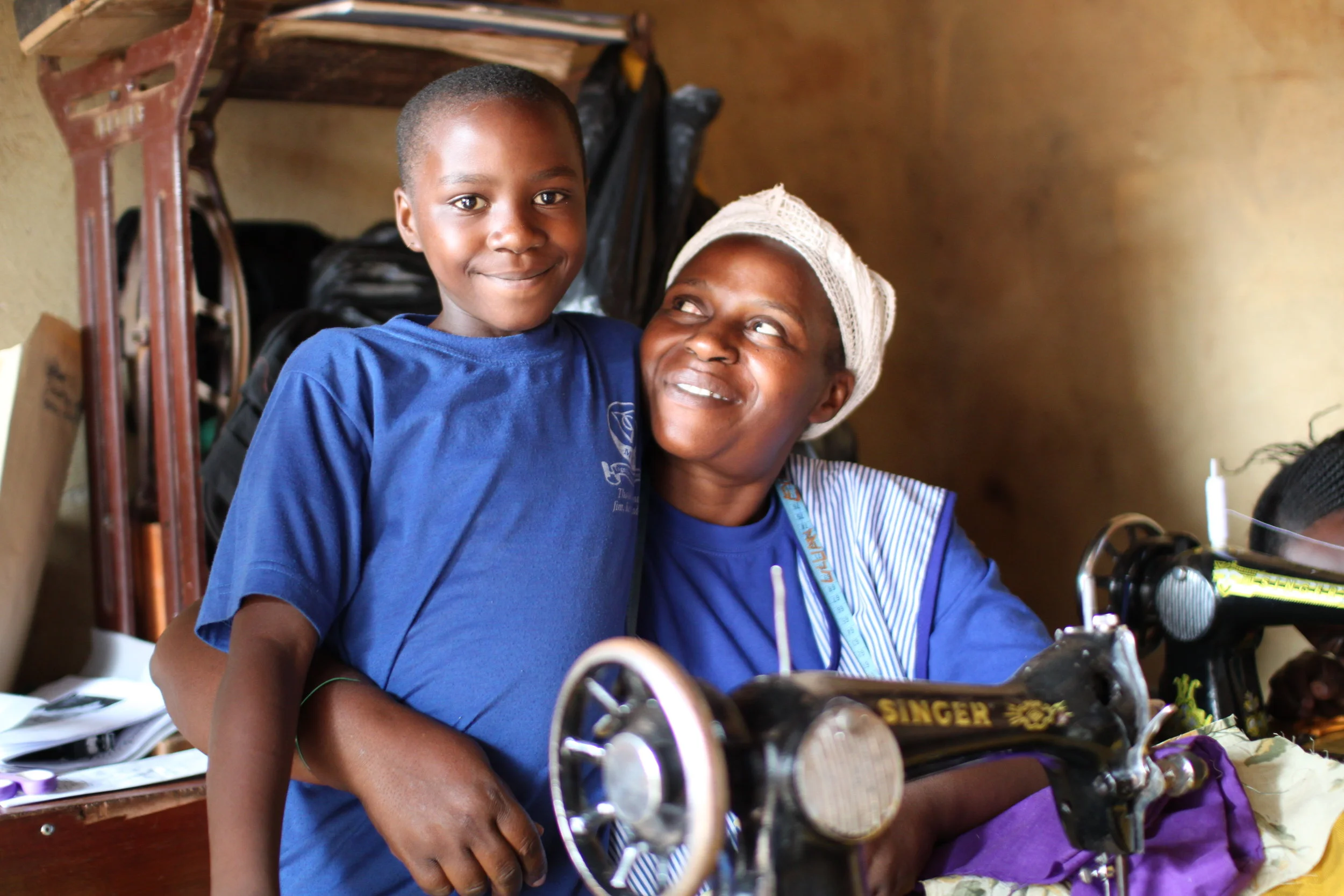
Uganda
Widespread poverty combined with a huge population of orphaned and vulnerable children create a staggering reality where, without the vigilant help of the women we work with, vulnerable children are left to fight for survival or fall victim to abuse and exploitation.
- 2.7 million orphaned children, 1.2 million due to AIDS
- 56% of children in Uganda will complete primary school, less than 25% of children enroll in secondary school
- Rate of HIV infection is 7.5% for women & 5% for men
- 50,000 children are in institutional care, yet 80% of them have living, locatable relatives
- Uganda has the world’s 2nd youngest population. 48.7% are under 15 years old. 78% are under 30
- Unemployment and underemployment (20.17%) are persistent, and young people are disproportionately affected (80% of 15-24 year olds are under/unemployed
Bwaise and Kikoni Slums
- Bwaise is the poorest, most densely populated slum area in Kampala. More than 90,000 people live without basic services such as water, shelter and sanitation
- 65% of the residents are aged between 15 and 25, and although they are young, they face lives with few prospects. Little or substandard education, limited skills, poverty and poor infrastructure all make it very difficult to start and maintain a business here
- Our partners estimate over 50% of households earn their living from sex work (estimate from our partners Tusitukirewamu and Makerere Women's Association (MAWDA). Rates of HIV infection are estimated to be as high as 35% in sex workers
- These expose them to high risks of HIV/AID infections and other sexually transmitted infections (STI’s), poor working conditions and no social security yet provide only irregular and low incomes
- 59% of the households live on less than 0.50p a day
- 40% of households live on one meal a day, 35% said they had two meals a day. Few have access to anything other than the cheapest of food like ground maize to make a thin porridge
Education
only 56% of children in Uganda will complete primary school
We believe that education represents the only way out of a life of entrenched poverty and potential exploitation.
In the communities we work thousands of families subsist on less than £0.40p a day. Only those who can read, write and do math can hope to get a better paid job when they grow up.
Research has shown that school is about much more than just job skills. It plays an increasingly vital role helping children protect themselves against the diseases that ravage poor communities and families.
less than 25% of children enroll in secondary school
Educated children are less likely to become victims of violence, abuse and it has been proved that education is the only effective "vaccine" against HIV/AIDS.
Children that have been to school are more likely to invest in improving their community when they are grown and follow-on effects of even basic education quickly multiplies, as children who have benefited from schooling themselves strive to secure even better opportunities for their own families.
Donate now to help a child like Tom enrol in school.
Women and girl
Increasing women and girls’ education contributes to higher economic growth.
Educated women re-invest 90% of their income in their family. Men invest 30-40%
A girl who completes school is 3x less likely to contract HIV/AIDS
A child born to an educated mother is 2x as likely to survive to age 5
Educated mums are 50% more likely to immunize their children
1 in 3 women worldwide have experienced physical or sexual violence. More than 10% of women report physical violence during pregnancy, in Uganda this prevalence is as high as 16%
Health and nutrition
Many of the families we work with live on less than 40p a day
Typically, that meal will be a bowl of maize porridge, which contains little nutritional value so lack of food means most go to school hungry.
Many of the children Awamu work with were born with HIV they are on ARV medication, which they must take 2-3 times a day.
The medication must be taken with food or it makes them sick, causing a lot of pain and potentially long-term damage.
most children are lucky if they get one meal a day
As the kids live in an urban area there is little very little space available for growing food, no good topsoil and a lot of contamination from open drains. Our kitchen gardens are a source of nutrition and income for children and families.
Thirty community volunteers reach out to children who have been orphaned, abandoned or abused. They help vulnerable adults and children know their HIV status, adhere to their medication, never miss a hospital appointment.
They encourage adults to confront their fears and help them navigate the medical system.
They distribute family planning and run counselling sessions, support groups and disseminate information on health, women’s rights, child rights, sexual reproductive health and more throughout the community. They’re restless for change and their door is always open to anyone that needs their help or just needs to talk.
Skills and enterprise
Uganda has one of the youngest populations in the world, with 77% of its population being under 30 years of age
We have seen real success amongst women who become part of skills training programme. In particular, training women as Trainers has meant that, alongside improvements at a household level, a real culture of skill sharing, working and saving together has blossomed.
We value business and enterprise alongside formal education from an early age.
Our aim is to ensure that children gain the same economic skills and opportunities we’ve been able to bring to their mothers or guardians
We believe that by involving children in viable businesses that also have a social impact we can help develop their skills for life, work and enrich their sense of social justice.
By involving children in decision making right from the start of the project, we can start to foster a sense of agency over their lives and provide real life experience.
We favour programmes and start-up businesses that have a wider impact like our community vegetable gardens, plastic re-cycling projects that benefit individuals, the wider community and the environment.

